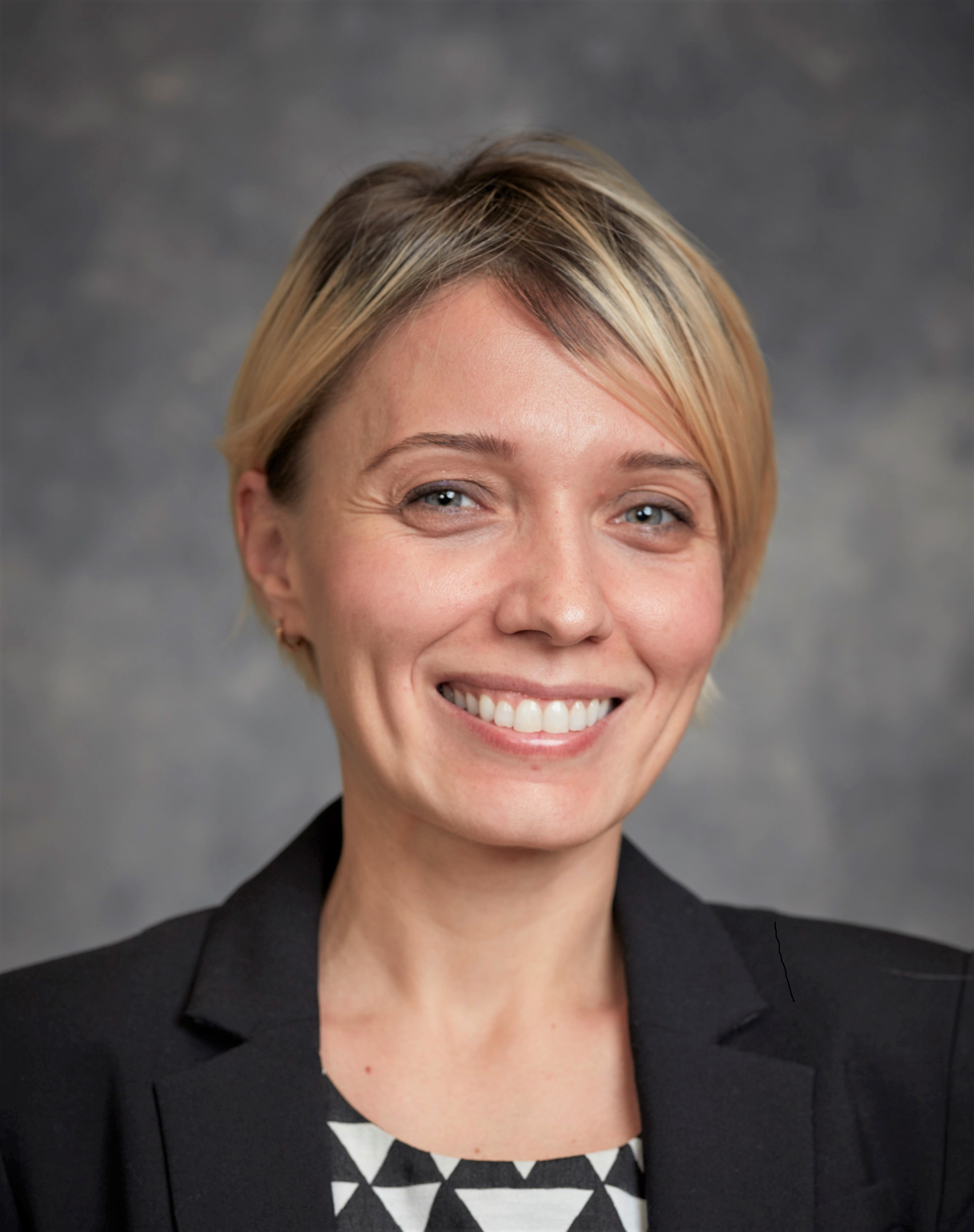Chapter Spotlight: Dallas-Fort Worth SSN Builds Local Connections after Pandemic Shutdowns
“I was thrilled to meet with SSN scholars because timely, insightful commentary from academics is a critical part of our state’s ongoing dialogue about important issues.” - Ryan Sanders, Commentary Editor, Dallas Morning News
The Dallas-Fort Worth area of Texas has been growing for years. With a population of over six million, it is an economic powerhouse and a diverse part of the state that is constantly evolving. That’s exactly why Dallas-Fort Worth SSN chapter leader Eugenia Gorina was excited to help build out the chapter this year.
“North Texas is a region that is very economically and socially vibrant. But the area is also grappling with the impacts of fast economic growth and a variety of social and political challenges that come with that, from school finance to the energy transitions,” she told SSN. “So in developing this chapter, I have a vision that the conversation between academics, policymakers, and also general audiences here can be more robust. The region has the potential to shape itself in ways that are reflective of fundamental democratic values and social and economic progress, and academics can play a big role in that.”

The idea for a Dallas-Fort Worth chapter started in late 2019 when SSN hosted an in-person policy workshop for scholars in the area. The event brought together researchers from universities across the region to learn about how their work could impact policy, both federally and in their backyard. But when the COVID pandemic hit just a few months after the workshop, it shut down any subsequent in-person gatherings and put an extra strain on the capacity of engaged local scholars, making organizing a new chapter a difficult task. Nevertheless, SSN members including Alex Piquero, Meghna Sabharwal, and Timothy Bray helped to start the chapter amidst the upheaval caused by the pandemic and laid the groundwork for what’s to come.
Now, a couple of years later, the Dallas-Fort Worth SSN chapter is building momentum with Eugenia Gorina and Timothy Bray as co-leaders. And to start things off, the new chapter organized an OpEd writing workshop that taught local academics how to translate their research into compelling and timely opinion pieces for news outlets. The workshop featured two editors from the local Dallas Morning News, the top newspaper for the region, who share Gorina’s vision for the role academics can and should play in north Texas’ future:
“I was thrilled to meet with SSN scholars because timely, insightful commentary from academics is a critical part of our state’s ongoing dialogue about important issues,” said Ryan Sanders, Commentary Editor for the Dallas Morning News. “Researchers provide data-informed, non-partisan opinions on policies that affect our readers. The better informed readers are, the better our journalism is. The better informed voters are, the stronger our democracy becomes. This is what we need more of!”
The mission of SSN is also something that directly speaks to Gorina’s research interests and areas of expertise. As an Associate Professor of Public and Nonprofit Management at UT Dallas, Gorina researches government financial sustainability, including work on city fiscal health, as well as work on migration and its economic and social effects. “In my research, I definitely see the value of sharing with people professional knowledge on how the state that many Texans are used to seeing rather negatively is in fact fundamentally important to the working of society,” Gorina said.
Looking forward to the spring semester, Gorina and Bray are excited to once again bring researchers together for an in-person policy engagement workshop similar to the workshop that kicked off the first efforts at organizing a Dallas-Fort Worth chapter years ago. The chapter also hopes to build their relationship with the Dallas Morning News to offer more opportunities for local researchers to share evidence-based arguments on some of the top issues in the state. And at the same time, Gorina and Bray are conducting outreach to local civic organizations, policymakers, and scholars to build out the network of the chapter, including organizing roundtables on some of the top issues in the region, like k-12 school funding. With the many changes that the north Texas region is experiencing, the chapter hopes to bring research and evidence to bear on critical policy decisions that need to be made in response.
